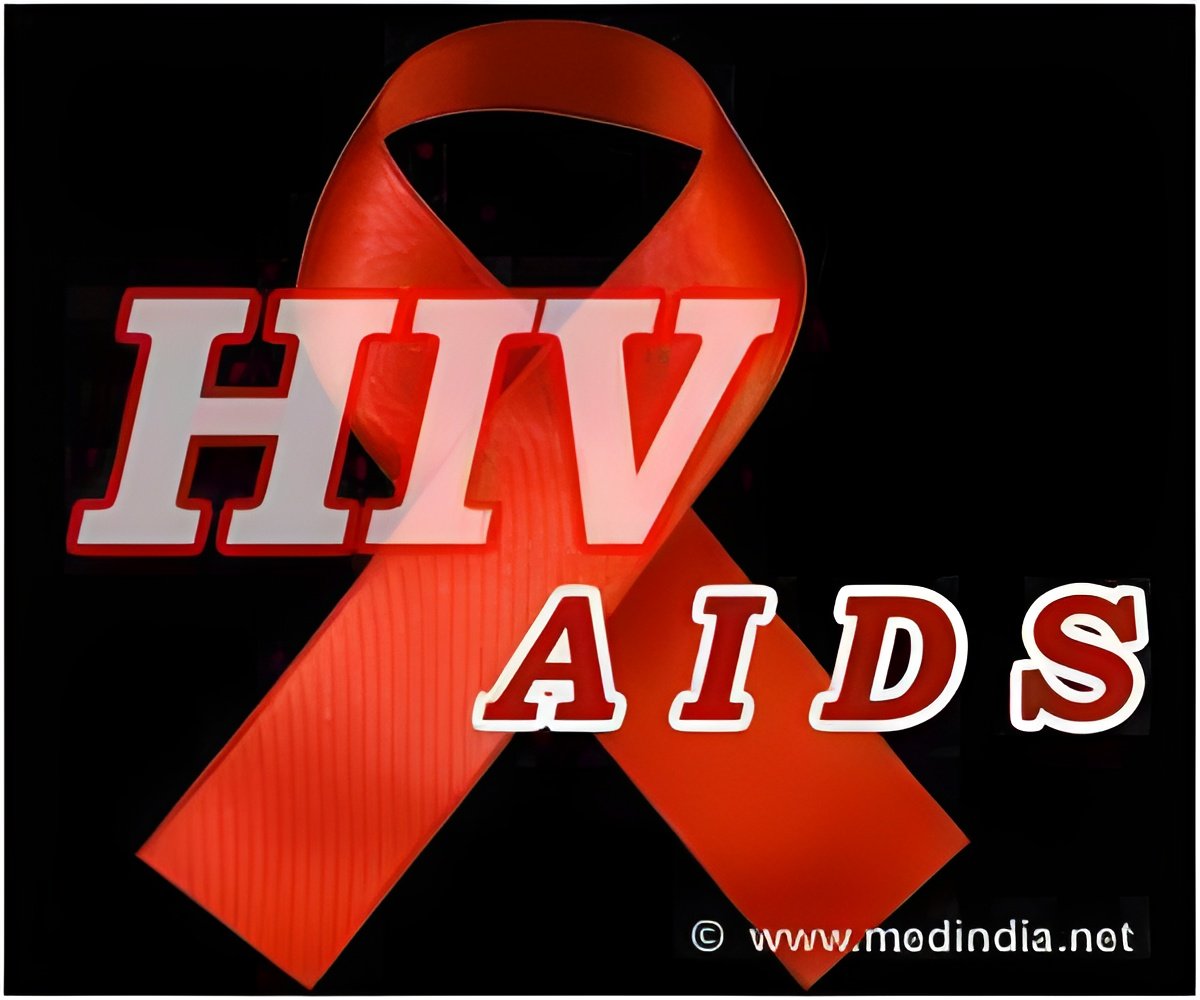New research from Zimbabwe published this week in PLOS Medicine claims that concerns about guardianship and privacy can discourage clinics from testing children for HIV.

More than three million children globally are living with HIV (90% in sub-Saharan Africa) and in 2011 an estimated 1000 infant infections occurred every day. HIV acquired through mother-to-child transmission around the time of birth is often unsuspected in older children, and the benefits of treatment are diminished in children who develop symptoms of immune system failure before infection is discovered.
Provider-initiated HIV testing and counseling (PITC) involves health care providers routinely recommending HIV testing and counseling when people attend health care facilities. To investigate the provision and uptake of PITC among children between 6 and 15 years old, the researchers collected and analyzed data from staff at 6 clinics in Harare, Zimbabwe.
Among 2,831 eligible children, about three-quarters were offered PITC, of whom 1,534 (54.2%) consented to HIV testing. The researchers diagnosed HIV infection in about 1 in 20 (5.3%) of the children tested, highlighting the need for more effective PITC. HIV infection was also found in 1 out of 5 guardians who tested with a child.
The main reasons that health-care workers gave for not offering PITC were perceived unsuitability of the accompanying guardian to provide consent for HIV testing on behalf of the child, and lack of availability of staff or HIV testing kits. Children who were asymptomatic, older, or attending with a male or a younger guardian were less likely to be offered HIV testing. Male guardians were less likely to consent to their child being tested.
In interviews, health-care workers raised concerns that a child might experience maltreatment if he or she tested positive, and showed uncertainty around whether testing of the guardian was mandatory and whether only a parent (if one was living) could legally provide consent. When parents were alive but not present, seeking consent from another adult raised ethical concerns that a positive HIV test in a child would disclose the HIV status of a parent who hadn't provided consent.
Advertisement
Lead author Dr. Rashida Ferrand from the London School of Hygiene & Tropical Medicine said: "The fear of the stigma faced by the child and their family seems to be discouraging caregivers from testing children for HIV. However, with improved clarity of guidelines, engagement with staff, and organisational adjustments within clinics, it should be possible to harness the commitment of health-care workers and properly implement HIV testing and counseling."
Advertisement
Source-Eurekalert















